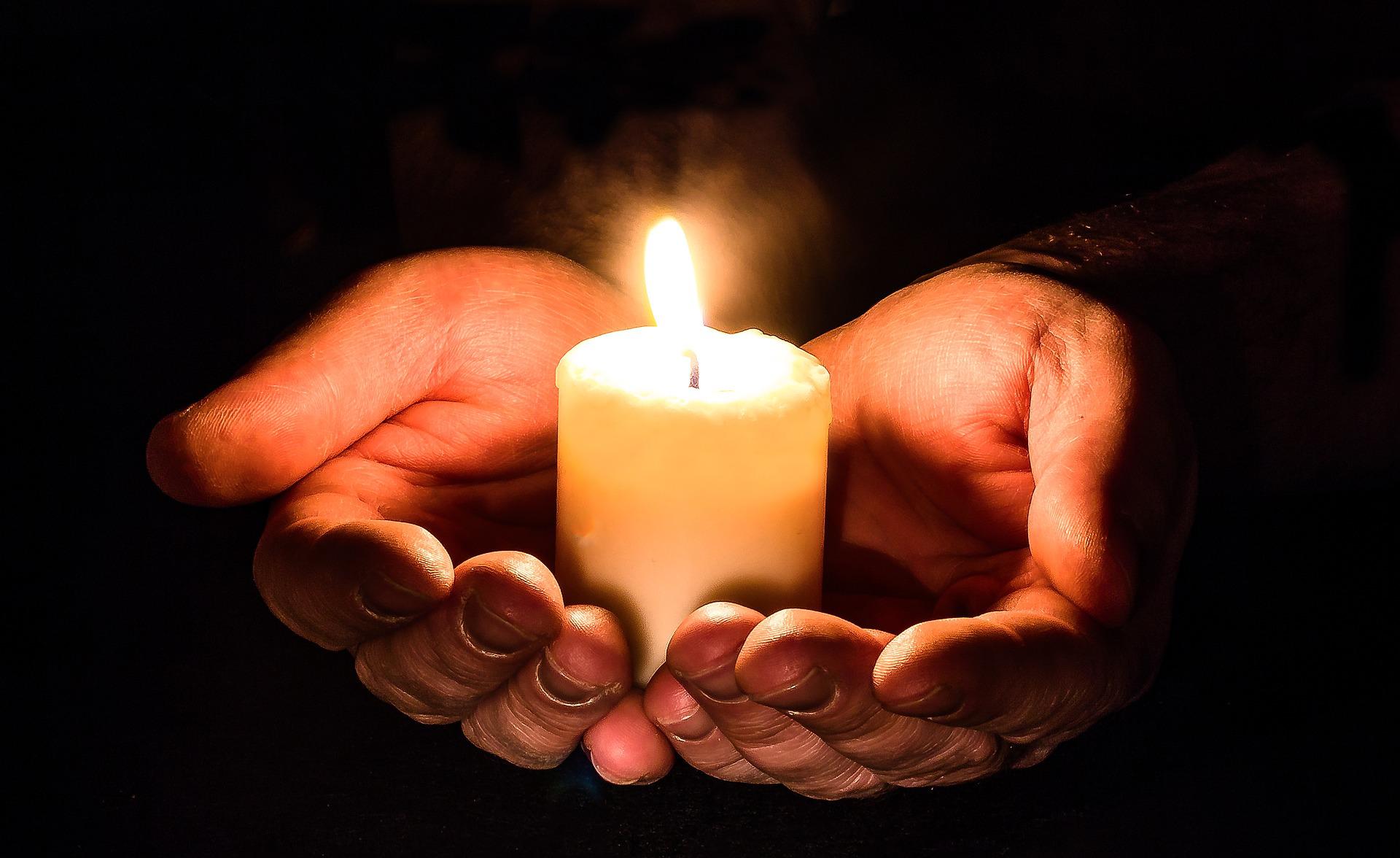The Puritans and Spiritual Dryness: Hope in God and His Word

Have you ever been through a season of spiritual dryness? No resolve or motivation to read Scripture? No yearning to be with God’s people? No desire to talk about him or be admonished by his Spirit? Scripture seems dull. His people seem dry. It is not well with your soul.
Outwardly, life keeps going. But inwardly there is a torrent of emotion as you wrestle with a lack of feeling toward God.
Not surprisingly, most Christians would resonate with one or more of these statements. This is called spiritual dryness.
The experience of spiritual dryness is nothing new. Biblical characters knew this feeling well. David writes, “How long, O LORD? Will you forget me forever?” (Psalm 13:1). More modern believers such as William Cowper, the hymn writer (author of There Is a Fountain Filled with Blood and God Moves In A Mysterious Way), struggled with deep depression all his life – attempting suicide no less than three times. (See article about William Cowper here).
The Puritans
Puritan preacher and author Jonathan Edwards often wrestled with spiritual dryness. Charles Spurgeon fought depression all his life. Sadness and despair are not abnormal for Christians because, like everyone else, we live in a fallen and sin-cursed world. But, unlike everyone else, we have a hope and a future with our God the world does not possess.
The Puritans had a deep and robust theology of their own depravity and God’s amazing grace. Because of this deep theology, the Puritans also had a solid theological understanding of spiritual dryness countered with spiritual growth. What can we learn from our Puritan brothers and sisters in the faith as modern-day believers?
This series of articles is based on the work of Joel Beeke titled Thriving in Grace: Twelve Ways the Puritans Fuel Spiritual Growth. Over the next several months, the goal is to expand on a couple of ways the Puritans fueled spiritual growth in the midst of an evil world – the same evil world in which we live.
The Authority of Scripture
For the Puritans, Scripture was top priority. It was final, absolute, inerrant, and authoritative. This high view of Scripture, I’m sure they would tell us, was not something always felt as much as it was a fact of life. If God said it, it was true.
This is what gave William Cowper hope to endure his life-long battle with depression. It was not so much his feeling as it was his knowledge of God’s Word that he had faith in God. This is not to discount feelings. However, in our modern culture, where emotions play a huge role in determining truth, the position that feelings do not determine reality when it comes to the authority of God’s Word (and life in general) seems outlandish and possibly offensive.
Author John R.W Stott phrased it this way, “We must allow the Word of God to confront us, to disturb our security, to undermine our complacency and to overthrow our patterns of thought and behavior.” Scripture has the final say.
How does trusting in the authority of God’s Word help believers struggling with faith and their feelings of doubt?
God’s Word helps Christians because of the very promises of God within it.
He promises to never leave or forsake His People (Hebrews 13:5)
He promises to bring to completion the good work He has started in your heart (Philippians 1:6)
He promises to be with you wherever you go (Joshua 1:9)
He promises to care for you (Matthew 6:23-35)
He promises to be gentle with your heart (Matthew 11:28-30)
Trusting these promises of God do not require feeling. Feeling will come as you set your mind on the promises of God in the midst of your trials.
With this confidence in the Word of God, we can sing with the church throughout the ages:
That Word above all earthly powers
no thanks to them abideth;
the Spirit and the gifts are ours
through him who with us sideth.
Let goods and kindred go,
this mortal life also;
the body they may kill:
God’s truth abideth still;
his kingdom is forever!
Brittany Proffitt lives in Dallas, TX, holds a BA in Religion, and is a student at the Southwestern Baptist Theological Seminary. She is passionate about Scripture and how God’s Word impacts individuals’ hearts and lives.
Brittany Proffitt lives in Dallas, TX, holds a BA in Religion, and is a student at the Southwestern Baptist Theological Seminary. She is passionate about Scripture and how God’s Word impacts individuals’ hearts and lives.





